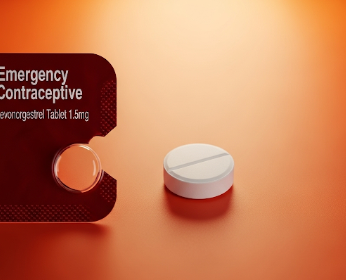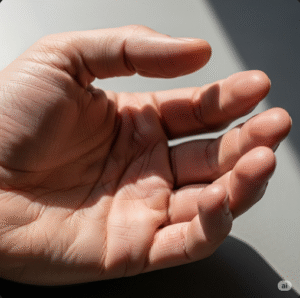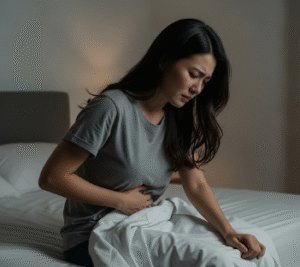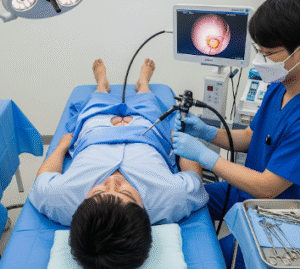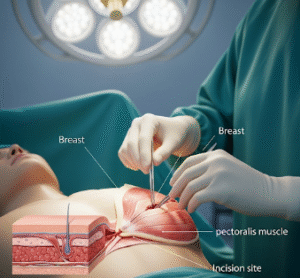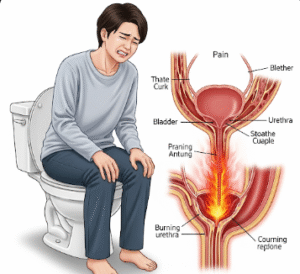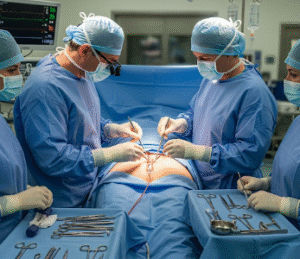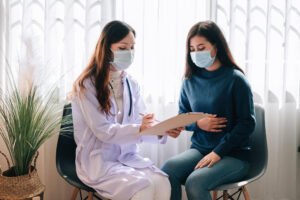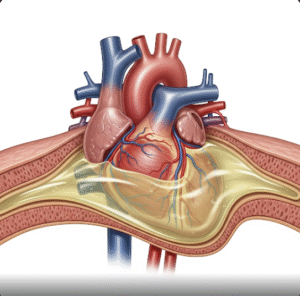What is an Emergency Contraceptive Pill (ECP)?
An Emergency Contraceptive Pill (ECP), commonly known as the morning-after pill, is a medication taken after unprotected sexual intercourse to prevent pregnancy.
💊 Types of ECPs:
✔️ Levonorgestrel-based pills – Effective if taken within 72 hours after intercourse
✔️ Ulipristal acetate pills – Effective up to 120 hours (5 days) after intercourse
✔️ Combined estrogen-progestin pills – Less commonly used in modern practice
The pill works primarily by:
➡️ Delaying ovulation – Prevents the release of an egg from the ovary
➡️ Altering cervical mucus – Makes it harder for sperm to reach the egg
➡️ Preventing implantation – Slight effect on the uterine lining
⚠️ Important: ECP is not an abortion pill; it does not terminate an existing pregnancy.
In Korea, ECPs are available in pharmacies, clinics, and hospitals, often without a prescription for women above a certain age, with professional counseling provided in clinics.
Why It’s Done
The emergency contraceptive pill is used to prevent unintended pregnancy after:
✔️ Unprotected sexual intercourse – Condoms not used or failed
✔️ Contraceptive failure – Broken condom, missed pills, or failed IUD
✔️ Sexual assault – Provides a protective option following assault
✔️ Delayed contraceptive access – When regular contraception was not available
Clinical Benefits:
➡️ Reduces the risk of unintended pregnancy
➡️ Accessible and fast-acting
➡️ Non-invasive – No surgical procedure required
➡️ Empowers women to make reproductive choices
In Korea, ECP is a standard component of reproductive healthcare, especially for young adults and women seeking immediate post-coital contraception.
Alternatives
While ECP is effective for emergency contraception, other options include:
⭐ Copper IUD (Intrauterine Device) – Can be inserted within 5 days after intercourse; highly effective
⭐ Regular contraceptive methods – Pills, condoms, implants, patches, or injections
⭐ Barrier methods – Condoms and diaphragms for future protection
👉 Key Point: ECP is meant for emergency use only and should not replace regular contraception.
Preparation
Preparation for taking an emergency contraceptive pill is simple:
🔹 Know the timing – Take the pill as soon as possible after intercourse
🔹 Check the type – Levonorgestrel (72 hours) vs Ulipristal (120 hours)
🔹 Consult if necessary – Especially if taking other medications or with medical conditions
🔹 Understand potential interactions – Certain medications like anticonvulsants may reduce effectiveness
⭐ No fasting or special preparation required
⭐ Keep the pill accessible – Pharmacies and clinics in Korea provide easy access
How It’s Done
Taking an emergency contraceptive pill involves:
- Oral Administration
✔️ Single dose (levonorgestrel) or split dose (depending on pill type)
✔️ Taken with water - Timing Consideration
🔹 Levonorgestrel – Most effective within 24 hours, less effective after 72 hours
🔹 Ulipristal acetate – Effective up to 120 hours, consistent efficacy - Follow-up
➡️ If vomiting occurs within 2 hours, repeat the dose
➡️ Consider additional contraception until next menstrual cycle
Highlights:
✔️ Non-invasive and quick
✔️ Highly effective if taken promptly
✔️ Safe for most women
Recovery / Follow-up
Recovery involves monitoring menstrual cycle changes and side effects:
✔️ Menstrual changes – Period may come earlier or later
✔️ Mild side effects – Nausea, fatigue, breast tenderness, or headache
✔️ Follow-up pregnancy test – Recommended if period is delayed by more than a week
✔️ Resuming regular contraception – Continue usual birth control methods
⭐ In Korea, clinics provide counseling on ongoing contraception and reproductive health education
Complications / Side Effects
Emergency contraceptive pills are generally safe, with mild and temporary side effects:
⚠️ Nausea or vomiting – Usually resolves in a few hours
⚠️ Headache or dizziness – Mild and temporary
⚠️ Breast tenderness – Common, resolves within a few days
⚠️ Spotting or irregular bleeding – May occur until next period
⚠️ Rare allergic reaction – Seek immediate medical care if it occurs
➡️ Severe complications are extremely rare, and ECPs are considered safe for most women.
Treatment Options in Korea
If emergency contraception is needed, Korea provides:
🏥 Over-the-counter ECPs – Levonorgestrel pills available in most pharmacies
🏥 Prescription ECPs – Ulipristal acetate available in clinics and hospitals
🏥 Copper IUD insertion – Emergency contraception with long-term effect
🏥 Reproductive health counseling – Guidance on regular contraception and safe sex
🏥 Follow-up services – Pregnancy testing, menstrual monitoring, and psychological support if needed
Why Korea is a Preferred Destination:
✔️ Easy accessibility – Pharmacies and clinics widely available
✔️ Professional counseling – Ensures safe and informed use
✔️ Comprehensive reproductive healthcare – Supports contraception, STI testing, and sexual health
✔️ Affordable options – Both OTC and clinic-based services
Approximate Costs in Korea:
🔹 Levonorgestrel pill → $20 – $35
🔹 Ulipristal acetate pill → $35 – $60
🔹 Copper IUD insertion → $150 – $300
🔹 Clinic consultation → $20 – $50
Conclusion
The Emergency Contraceptive Pill (Morning After Pill) is an essential tool for preventing unintended pregnancy after unprotected sex.
It helps women:
✔️ Take immediate control over reproductive health
✔️ Prevent unplanned pregnancies safely and effectively
✔️ Avoid invasive procedures
✔️ Make informed decisions about contraception and family planning
In Korea, women benefit from:
✔️ Easy access to emergency contraception
✔️ Professional counseling and reproductive health services
✔️ Affordable, safe, and effective options
✔️ Integration with ongoing contraceptive care

